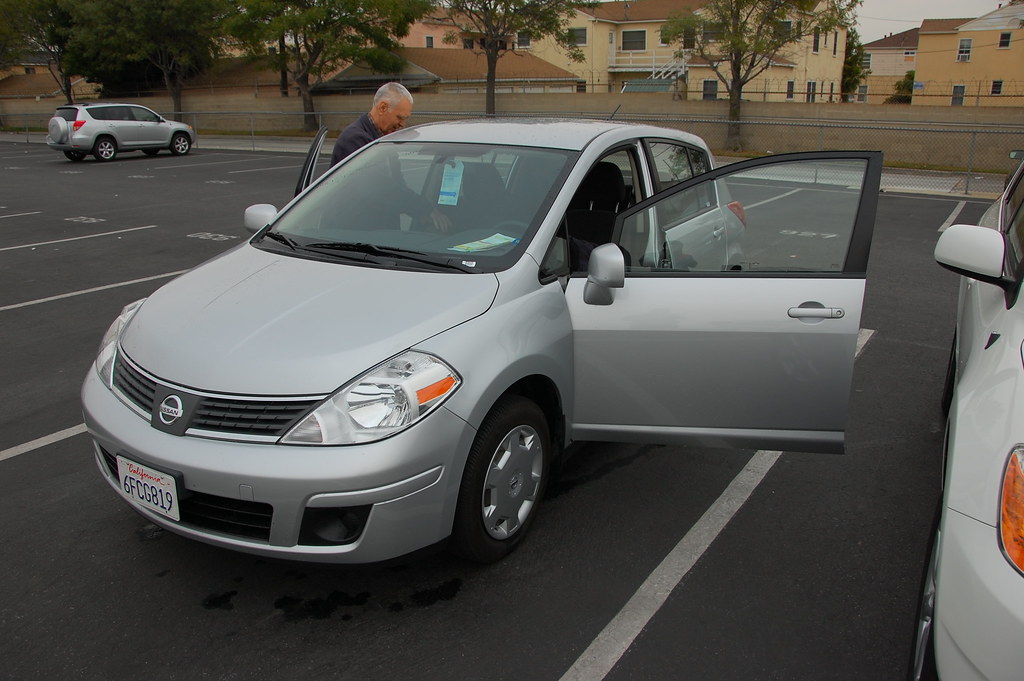Air conditioning has become an essential part of our lives, especially during the scorching summer months. It provides us with the much-needed relief from the heat, making our indoor spaces comfortable and enjoyable. However, the convenience comes at a cost – high electricity bills and increased energy consumption. To strike a balance between staying cool and being energy-efficient, it is crucial to understand the factors that affect air conditioning efficiency and implement effective strategies.
One of the key aspects of improving air conditioning efficiency is proper maintenance. Regularly cleaning and replacing air filters is essential as clogged filters can obstruct the airflow, making the system work harder and consume more energy. Additionally, scheduling regular maintenance by professionals can ensure that the system is in optimal condition, reducing energy wastage and extending the lifespan of the equipment.
Another factor to consider is the size of the air conditioning unit. A system that is too small for the space it is supposed to cool will struggle to maintain the desired temperature, leading to increased energy consumption. On the other hand, an oversized unit may cycle on and off frequently, not allowing it to reach its peak efficiency. Consulting with HVAC professionals can help determine the appropriate size of the air conditioning unit for your specific needs.
Utilizing programmable thermostats can also contribute to energy efficiency. These devices allow you to set different temperatures for different times of the day, enabling you to adjust the cooling according to your schedule. By reducing the cooling when you are away or asleep, you can significantly reduce energy consumption without compromising comfort.
Additionally, optimizing insulation and sealing any air leaks in your home can prevent cool air from escaping, ensuring that your air conditioning system operates efficiently. Properly insulated walls, doors, and windows can help maintain a consistent temperature, reducing the workload on the air conditioning unit.
Lastly, considering alternative cooling methods can further enhance efficiency. For instance, using ceiling fans can help circulate cool air, creating a wind-chill effect and allowing you to set the thermostat at a higher temperature. This can lead to significant energy savings while still keeping you comfortable.
In conclusion, achieving a balance between air conditioning and efficiency is crucial for both comfort and sustainability. By implementing proper maintenance, right-sizing the unit, utilizing programmable thermostats, optimizing insulation, and exploring alternative cooling methods, you can enjoy the benefits of air conditioning while minimizing energy consumption and reducing your environmental impact.

Leave a Reply